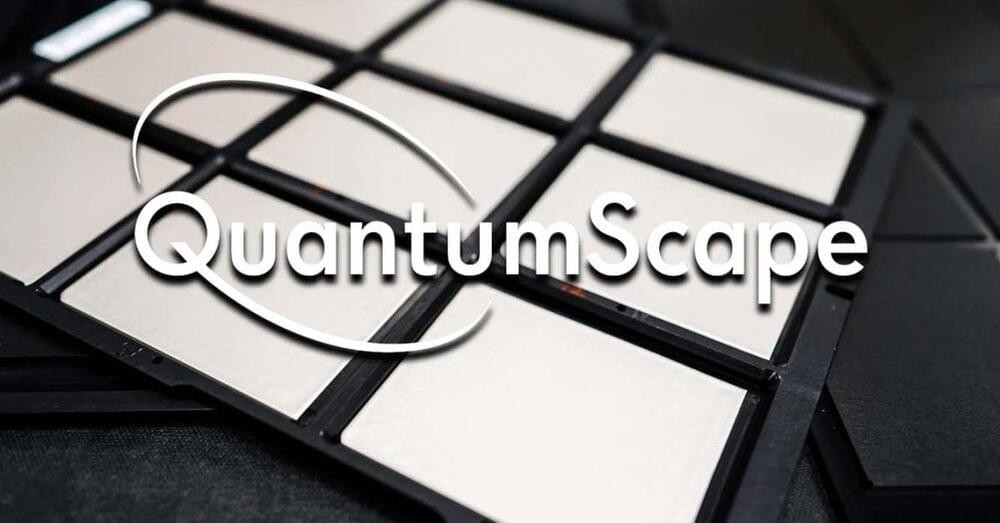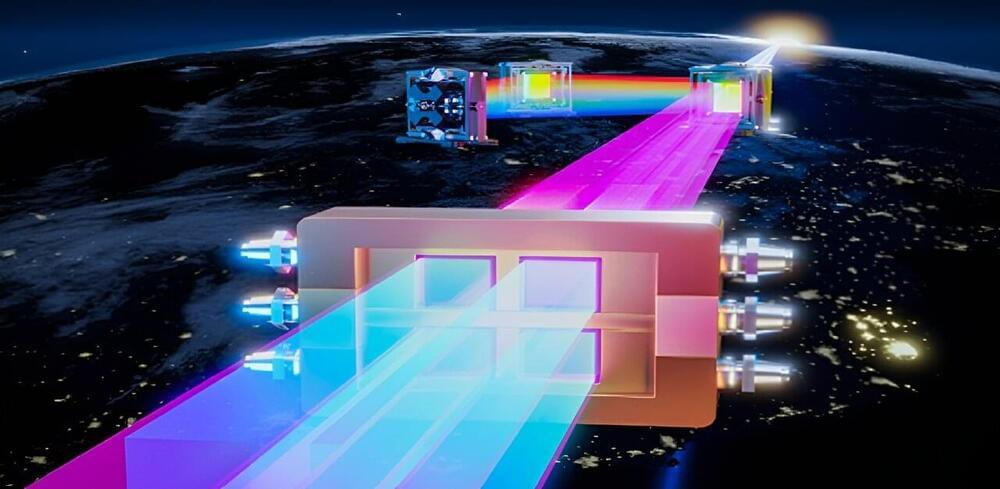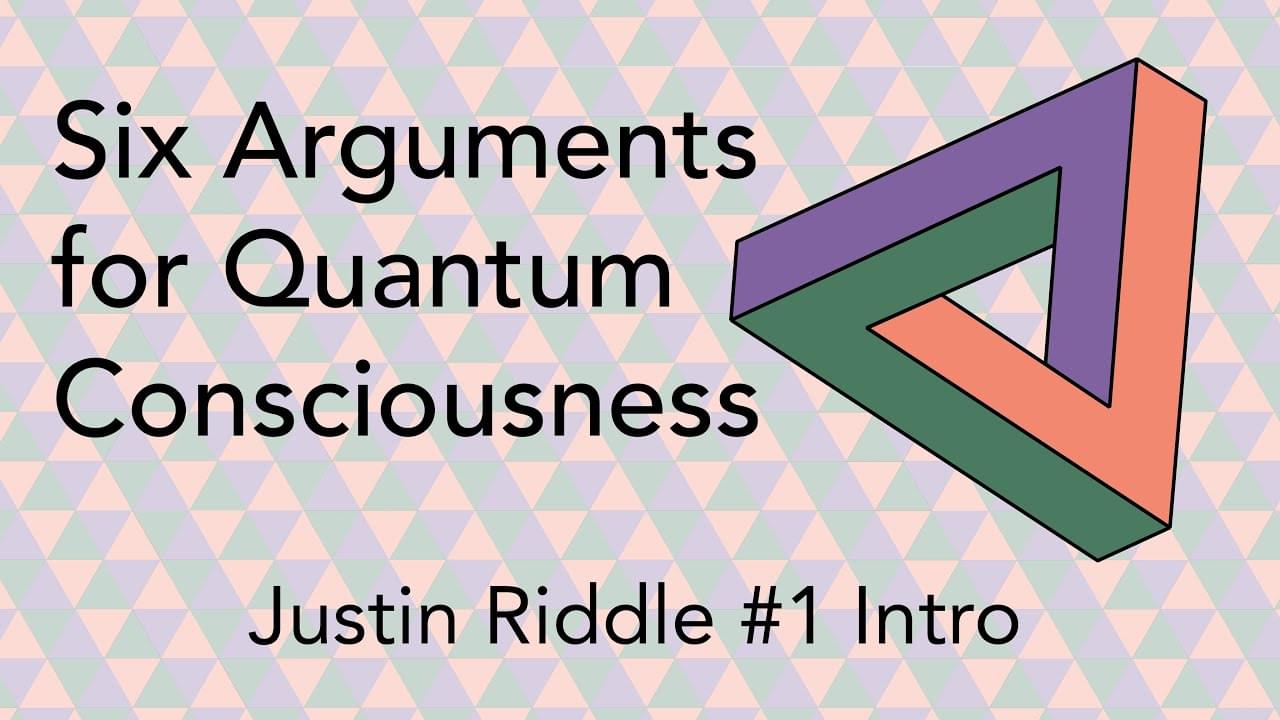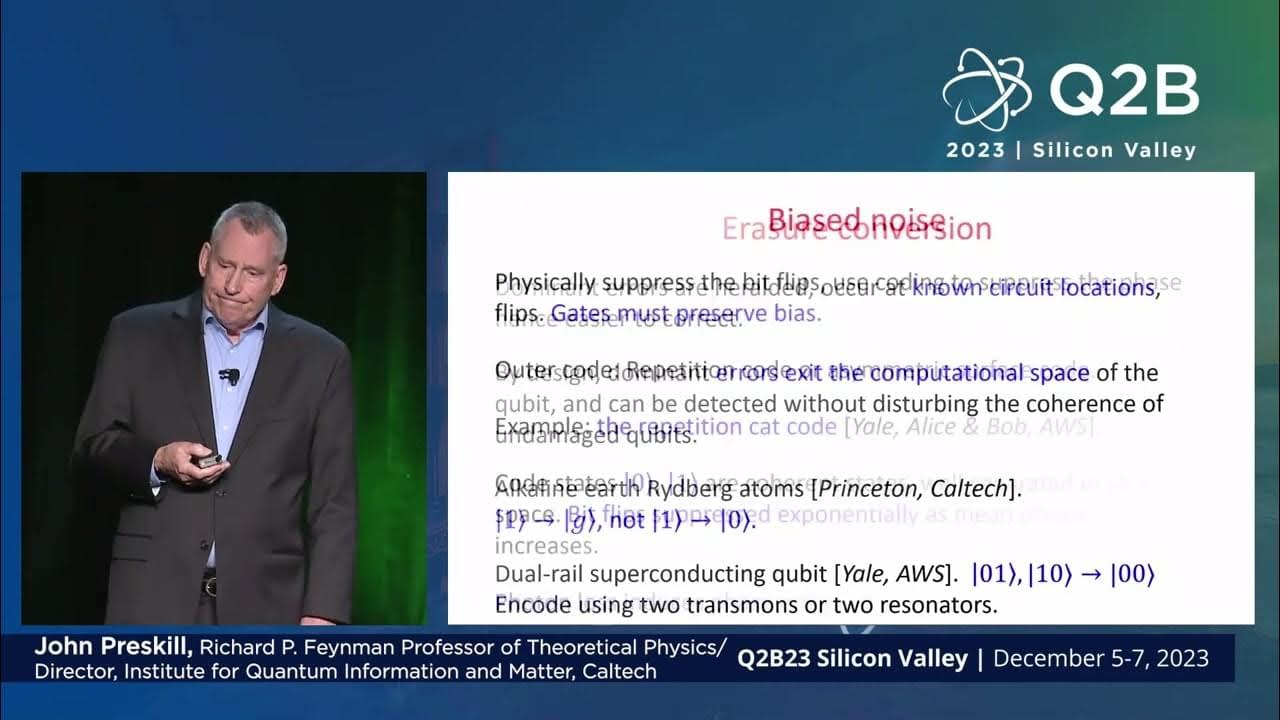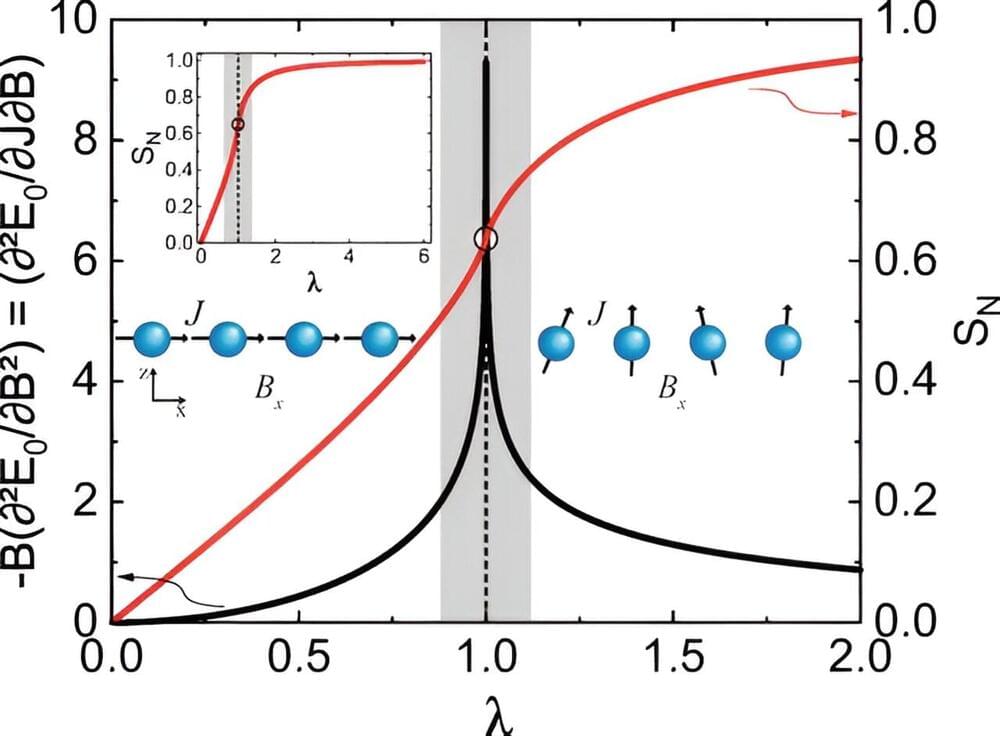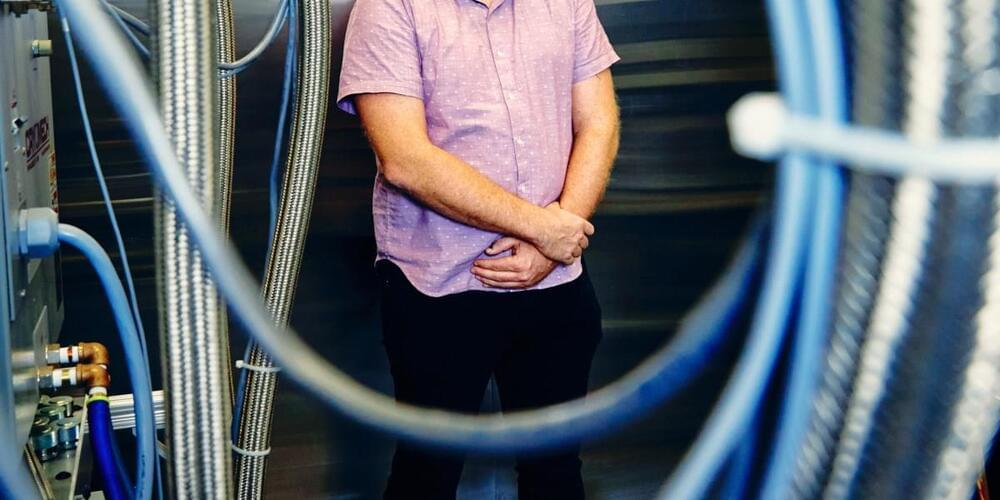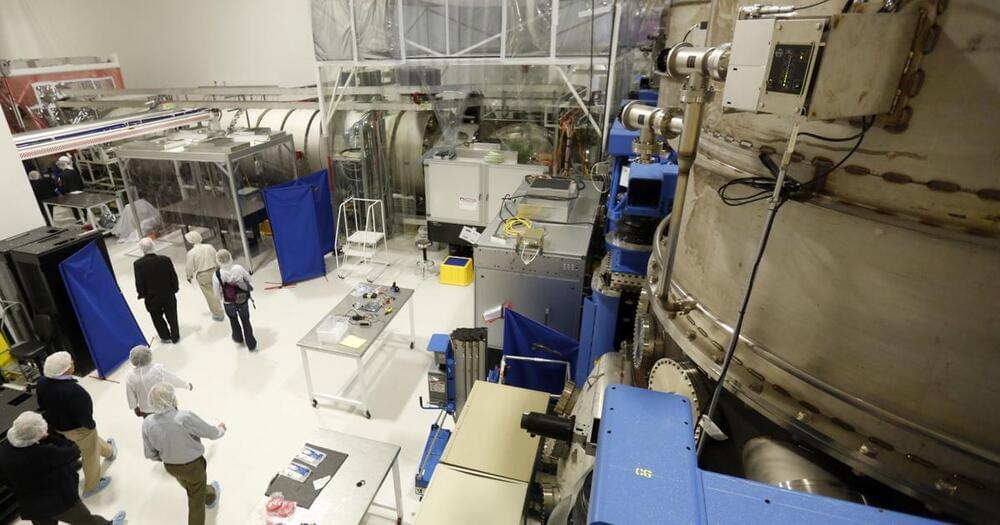Jan 5, 2024
QuantumScape’s solid-state batteries pass latest test, could offer 500,000 km without range loss
Posted by Quinn Sena in categories: energy, quantum physics, sustainability
One year after initial deliveries of solid-state battery prototypes to its automotive partners, QuantumScape is receiving additional praise from PowerCo – the battery-centric subsidiary of Volkswagen Group – for the potential of its technology. PowerCo recently completed an endurance test with QuantumScape’s solid-state cells and determined they can someday power EVs that can drive 500,000 kilometers with virtually no loss of range.
QuantumScape ($QS) is an advanced battery technology company that has been working for over a decade to develop scalable, energy-dense solid-state battery cells that can one-day power EVs that are safer, charge faster, and drive farther.
During QuantumScape’s tenure in solid-state battery development, Volkswagen Group has been a partner from early on and remains one of the startup’s largest investors. OEMs like Volkswagen have helped empower QuantumScape to continue its development and deliver some of the most promising solid-state battery technology in the industry.
